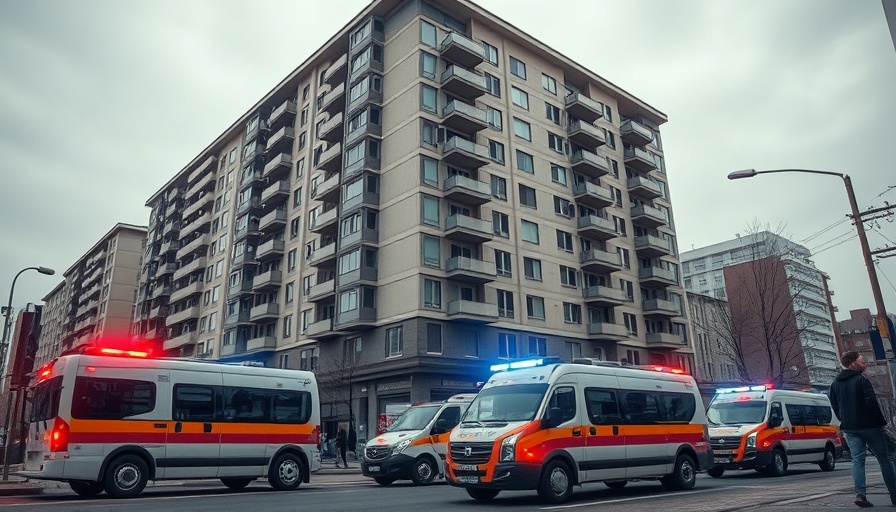
The Tragic Aftermath of Unresolved Violence
A shocking incident has unfolded in downtown Houston where a man, previously accused of murder, is now being linked to a tragic murder-suicide involving his girlfriend. This deeply disturbing case raises critical questions about the psychological and societal factors that can escalate personal conflicts into catastrophic violence. The shooting occurred just as the man awaited sentencing for a 2019 murder, highlighting a pattern of unresolved violence that is all too prevalent in society today.
Understanding the Cycle of Violence
Domestic violence often cycles through patterns of tension, violence, and reconciliation. In situations where one partner has previously committed an act of violence, such as murder, the potential for further violent behavior remains alarmingly high. Experts in psychology and social work point to the importance of early intervention and support for individuals showing troubling behavior.
The Consequences and Community Impact
This murder-suicide not only represents a tragedy for the individuals involved but also reverberates through the community. Friends and family members of both individuals are left grappling with shock and grief. Moreover, local organizations focused on violence prevention must confront the reality that situations like these could potentially be avoided with increased resources and awareness.
Legal Ramifications and Prevention Efforts
The man, whose history includes a murder conviction, had been awaiting sentencing during this incident. This raises essential questions about the legal system's responsibility to manage individuals who have previously engaged in violent behavior. Advocates emphasize the need for stricter monitoring and support for those with violent histories as part of an effort to prevent future tragedies.
Reacting to Domestic Violence: How Communities Can Help
To break the cycle of violence, communities must band together to offer support systems for those affected by domestic violence. Local shelters, hotlines, and outreach programs serve as critical lifelines for individuals seeking help. These resources can empower those facing potential abuse to seek safer environments and break free from the cycle that may lead to violence.
Confronting Difficult Conversations
Society often shies away from discussing domestic violence, yet awareness and open dialogue are crucial for preventive measures. By fostering conversations around emotional well-being and healthy relationships, communities can create an environment where individuals feel safe to seek help without stigma.
What is Needed Moving Forward?
This incident shines a light on the urgent need for societal change in how we approach issues of mental health and interpersonal violence. Comprehensive solutions that incorporate education, community resources, and stricter legal measures are imperative. Only through collective action can communities hope to reduce instances of domestic violence and avoid further tragedies.
 Add Element
Add Element  Add Row
Add Row 



Write A Comment